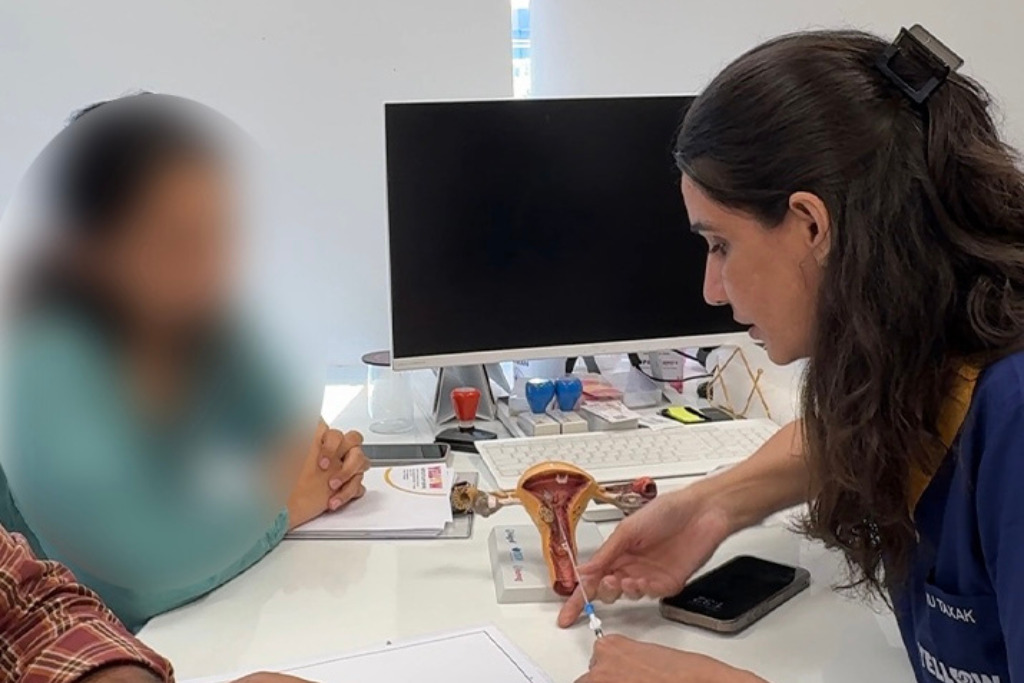Are your everyday medicines lowering your chances of getting pregnant?
Most people do not think twice before popping a pill. But did you know that some common medications can affect your fertility?
At Yellow IVF, a trusted fertility clinic in Gurgaon, we believe complete awareness is the first step in infertility prevention. In the following blog, let us explore 11 medicines that hamper your reproductive health.
11 Medications that Can Lead to Infertility
- Prescription Medicines
Research shows nonsteroidal anti-inflammatory drugs (NSAIDs) can interfere with ovulation if taken regularly. For men, long-term use can even reduce sperm count. If you are planning a pregnancy or undergoing an IVF cycle, consult your physician before taking these medicines regularly..
- Antidepressants
Some antidepressants, especially SSRIs (Selective Serotonin Reuptake Inhibitors), may lower libido, affect sperm quality in men, and alter hormone levels in women. If you are on an antidepressant, consult a specialist at Yellow IVF, a reliable fertility clinic in Gurgaon, to find safer alternatives.
- Birth Control Pills
Though these are designed to prevent pregnancy, in some cases, birth control pills impact the overall reproductive health. While most women regain fertility soon after quitting birth control pills, some may experience delays. If you’ve been on the pill long-term, talk to a doctor at a fertility centre to monitor your hormone levels.
- Chemotherapy Drugs
While these drugs are lifesaving, they are harmful to our reproductive organs. They can cause temporary or permanent infertility in both men and women. If you are undergoing cancer treatment, ask your oncologist about fertility preservation methods. Many fertility hospitals, like Yellow IVF, offer egg or sperm freezing before treatment begins.
- Steroids
Long-term use of steroids can interfere with ovulation and sperm production. They disrupt your body’s natural hormone balance. If you are dealing with a chronic lifestyle disorder, consult your doctor and your fertility specialist to find a fertility-friendly alternative.
- Antipsychotic Drugs
These medications can raise prolactin levels, prohibiting ovulation and menstrual cycles. In men, they can affect sperm production and sexual function. At Yellow IVF, we have in-house psychiatrists to help manage your health while protecting fertility.

- Antiepileptic Drugs (AEDs)
Some seizure medications can affect hormone levels and reduce fertility in both men and women. Anti-seizure pills can also disturb the physical process of hormonal birth control. Consult a fertility expert at Yellow IVF, a fertility clinic in Gurgaon, if you are on AEDs and planning a pregnancy.
- Thyroid Medications
Hyperthyroidism and hypothyroidism both can impact fertility. However, if you take thyroid medications for a prolonged time (more than 1 year), these can also cause hormonal imbalance and, consequently, affect your fertility. Regular monitoring is essential to keep levels balanced and boost your chances of conceiving.
- Antibiotics
Some antibiotics can affect sperm health if used for long periods. They are usually safe for short-term use, but always check with your doctor before prolonged treatment, especially when planning a family.
- Antihistamines
Antihistamines are common allergy meds. However, in men, excessive use of this drug reduces semen volume and motility. Though the effects are usually mild, it is still best to speak to your fertility doctor if you are consuming them frequently.
- Hair Loss Medications
These are commonly used for male pattern baldness, but can lower testosterone levels and affect sperm production. If you are using them and planning to start a family, discuss alternatives with your doctor at a fertility clinic in Gurgaon.
What Should You Do?
If you are on either of the above-mentioned medications, do not stop them completely. Instead:
- Speak to a fertility specialist
- Explore alternatives or dosage adjustments
- Track your hormones and reproductive health.
The experts at Yellow IVF, the best fertility centre, will work closely with you and your prescribing doctors to protect your fertility without compromising your health.
Final Words
Fertility can be affected by certain medicines. If you are struggling to conceive or planning, visit Yellow IVF, the leading fertility clinic in Gurgaon. Our specialists will guide you through every step, so you can take charge of your fertility.




